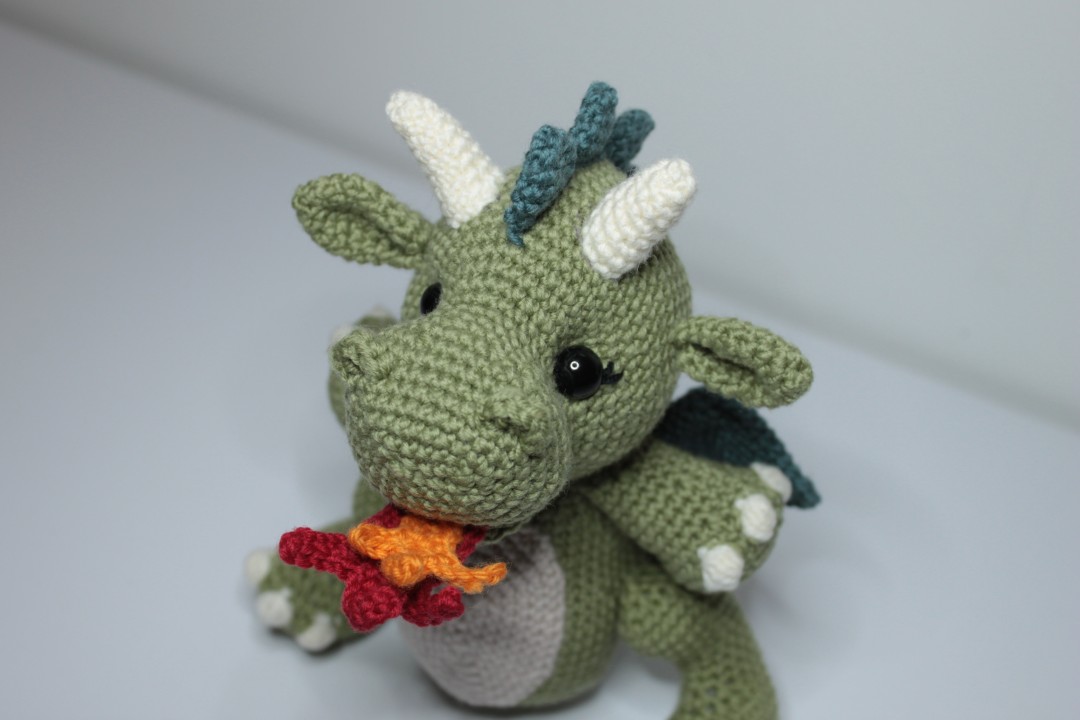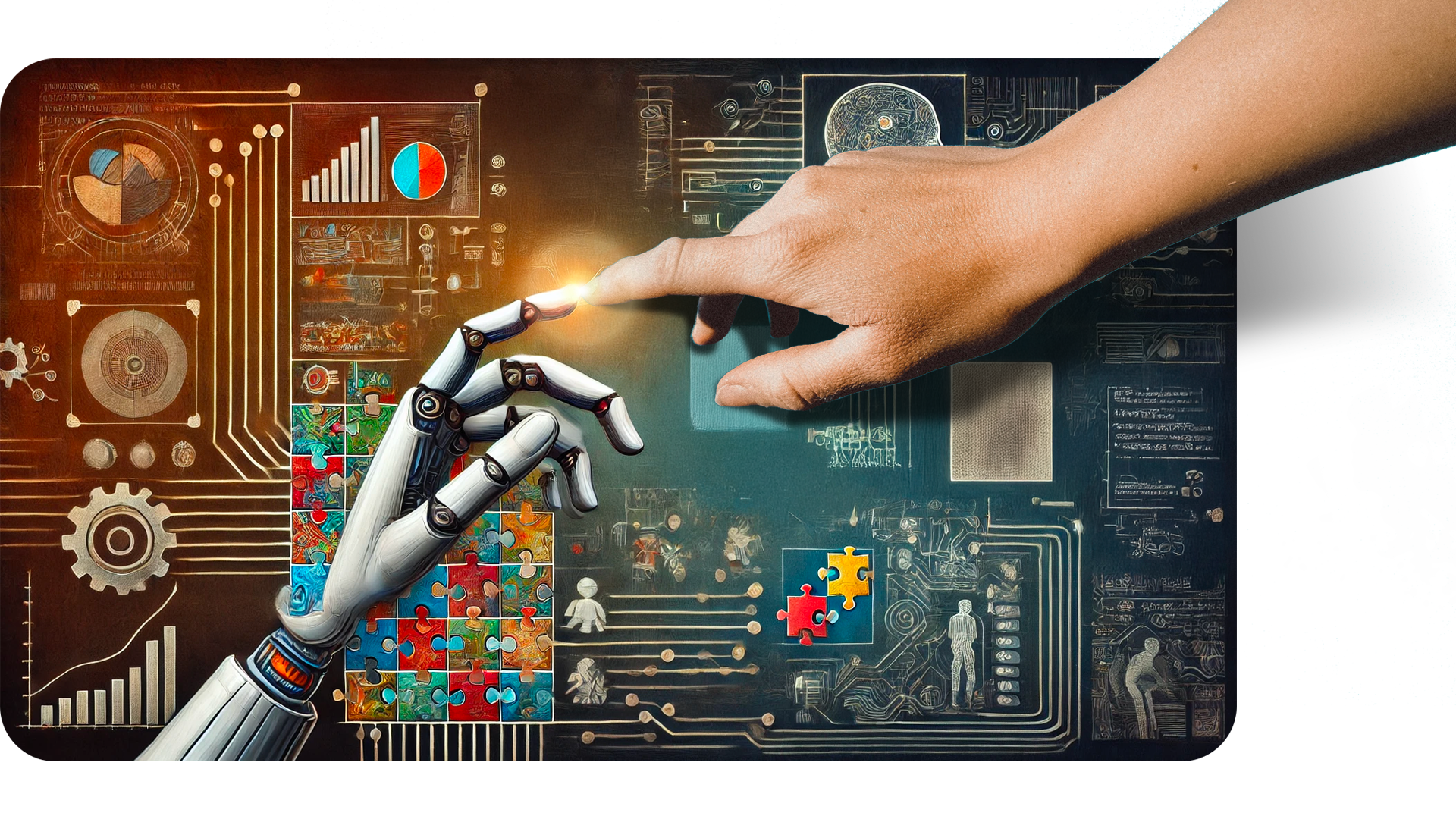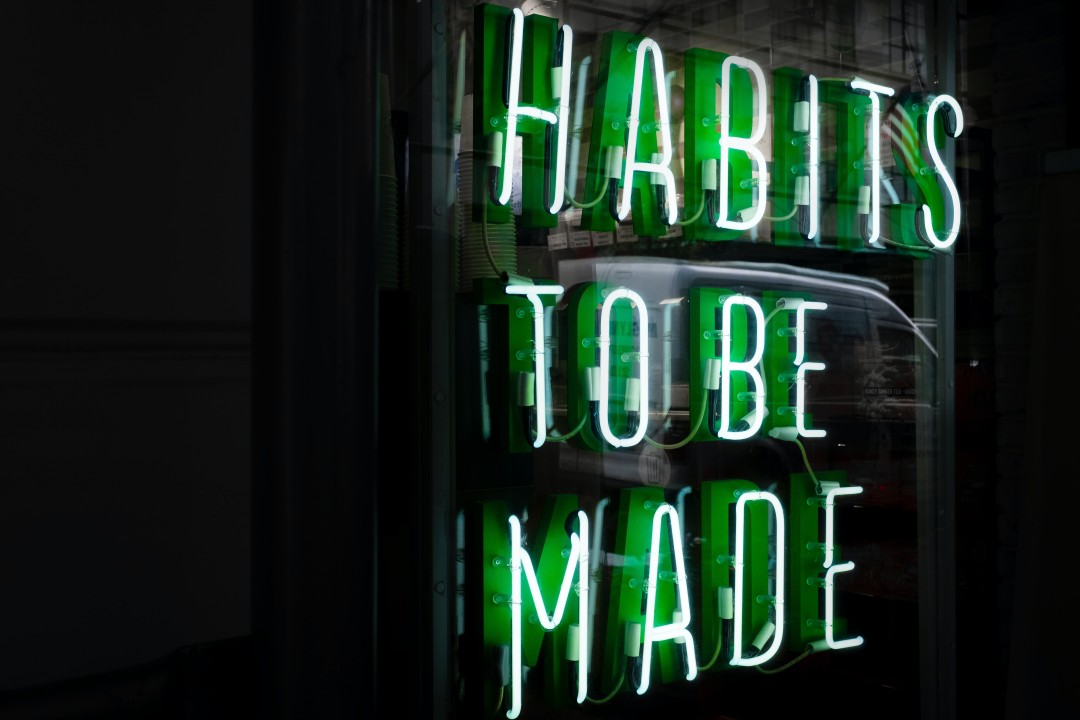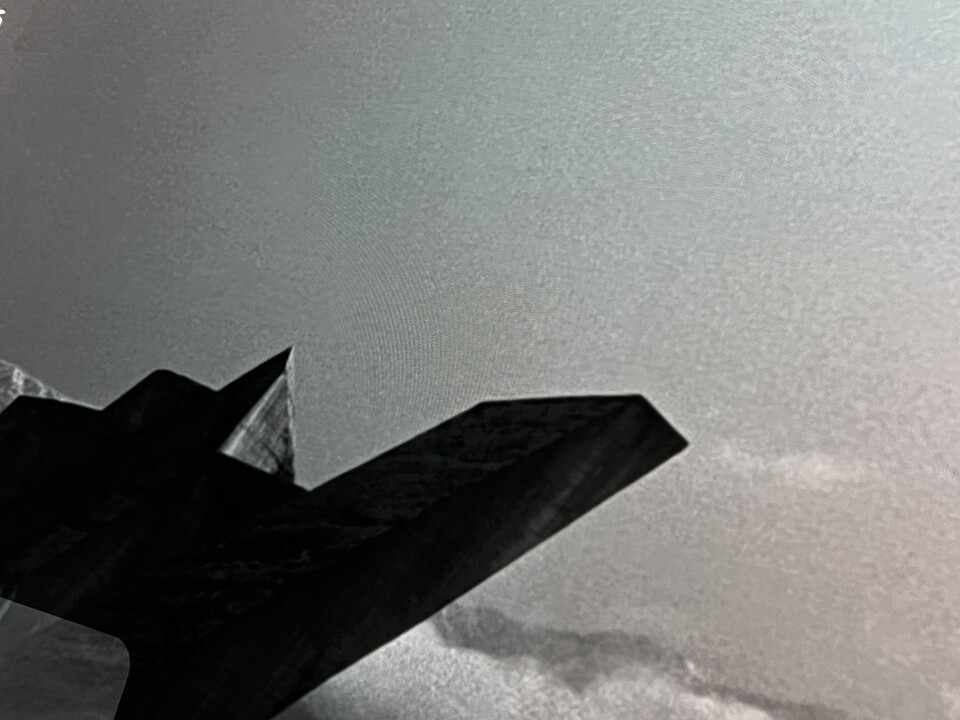Originally published on Linkedin 27/03/2024
There are lots AI talks, theories and training out there. And more coming.
When a new tools arrive, a few early adopters quickly acquire knowledge far beyond the rest. And the more time passes, and the more knowledge these few people acquire, the harder it becomes for those few to educate the rest.
And for those stepping into a topic, any topic, for the first time, it can be hard to find the "beginner's tutorials" with the risk of quickly giving up.
On top of that, AI is creating the additional anxiety of how will this impact my job?
Creative collaboration: A simple example.
My wife andI play Dungeons & Dragons together with some friends and she made me a little dragon toy as a mascot.
I wanted to give the dragon a cute name, so I thought it would be interesting to see what ChatGPT would suggest as names.
- One of ChatGTP suggestions was "Mossfang".
- This triggered the tune "Mustang Sally" in my head.
- And within split seconds, the name became "Mossfang Sally". Done.
The name didn't come from me. Nor did it come from ChatGPT. It was a collaboration.
As a theorist, one could argue that if I had briefed ChatGPT to give me a "cute name for a green dragon toy relating to music" it could have done the whole job itself.
But that's not how creativity work. I did not know music would become part of the solution. It wasn't even a factor of consideration to begin with.
This is how creativity work: Combining unrelated common, even mundane, topics in a unique way creating something entirely different, novel and hopefully useful from it's individual parts.
AI is not a threat in this game. It is a collaboration partner.







